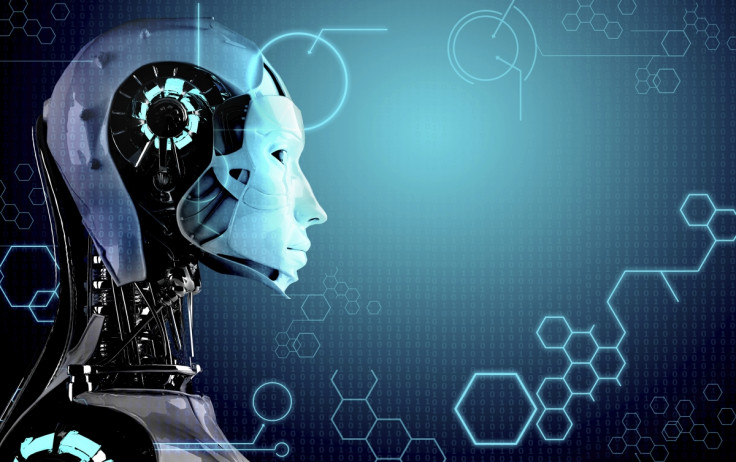Microsoft's Dave Coplin: AI will change how humans relate to each other

How the world deals with the power and potential of artificial intelligence (AI) has been a hot topic of discussion in tech conferences in recent years. While some tout the benefits of AI to make life more convenient and change the future of technology, others worry about the unintended consequences and threat AI may bring to humanity.
"AI is the most important technology that anybody on the planet is working on today," Dave Coplin, chief envisioning officer at Microsoft UK, said at a conference in London on 5 May, arguing that AI will change how humans relate to technology and each other.
"I would argue that it will even change how we perceive what it means to be human," Coplin said, according to Business Insider.
Given the numerous companies working to tap into machine intelligence, Coplin says people need to start paying attention to who is researching and developing the new technology.
"We've got to start to make some decisions about whether the right people are making these algorithms," Coplin said. "What biases will be inferred by those people, by those companies? These are things we don't know about. This is new. We talk about unchartered territory."
Physicist Stephen Hawking, Microsoft founder Bill Gates and Tesla CEO Elon Musk have not shied away from expressing their own concerns about the dangers of AI, if not safely controlled and developed properly.
"Success in creating AI would be the biggest event in human history. Unfortunately, it might also be the last, unless we learn how to avoid the risks," Stephen Hawking said in an op-ed for The Independent in 2014. "One can imagine such technology outsmarting financial markets, out-inventing human researchers, out-manipulating human leaders, and developing weapons we cannot even understand. Whereas the short-term impact of AI depends on who controls it, the long-term impact depends on whether it can be controlled at all."
Elon Musk previously compared developing AI to "summoning the demon".
Coplin says AI development will raise multiple issues in terms of privacy, security and other public concerns. "We have to be ready to deal with them," Coplin said. "We have to understand that they exist. We have to start being mindful about the processes we put in place."
According to a YouGov survey for the British Science Association of more than 2,000 people, one in three respondents believes that the rise of AI is a threat to humanity. While 70% are fine with AI carrying out jobs like crop monitoring, more than half said they would not entrust robots with surgical procedures (53%), drive public buses (49%) or fly commercial aircraft (62%).
From personal assistant apps and devices including Siri, Cortana and Alexa, and predictive web searches to simultaneous language translation and financial management, machine-learning technologies are already on the rise in our daily lives.
"The way in which we choose to use AI is a reflection of humans, the people, not the machines themselves," Coplin said. "We are locked in this endless cycle of pointless rhetoric about humans vs machines. We are aware machines can beat us at chess. They can beat us at Jeopardy. Now they can beat us at Go. They're going to steal our jobs. Hang on! Stop. When was this ever the dialogue for what we did with technology? Technology is here to augment what we do. Support us to extend our capability."
© Copyright IBTimes 2025. All rights reserved.





















